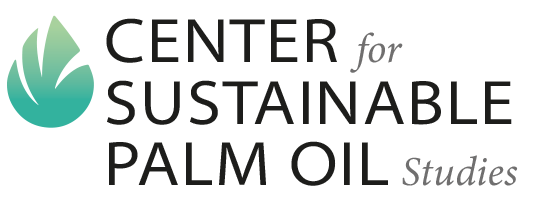
A simple tropical forest assessment tool can be used by people with no prior experience in conservation to robustly estimate the condition of tropical forests, reveals new research by Northumbria University scientists, in collaboration with the University of Oxford.
Their findings, which are published in Ecological Solutions and Evidence, show the tool demonstrates high levels of agreement with detailed scientific data sets of biodiversity, forest structure and ecosystem functioning.
The Forest Integrity Assessment Tool (FIA) helps forest managers with no prior experience in conservation to assess and monitor the condition of tropical forest conservation areas. It requires no detailed scientific knowledge, time-consuming measurements, expensive equipment, or inaccessible satellite technologies. Rather, the user provides simple yes/no questions that can be answered based on observations during a short one-hour walk along a forest trail.
The FIA tool was adapted for use in South East Asian tropical forests, where oil palm is the dominant land use. It was tested using almost 1,000 volunteer surveys across 16 forest sites in Sabah, Malaysian Borneo. It was found to have found strong levels of agreement with biodiversity, vegetation structure and ecosystem function metrics.
This shows that this simple and easy to use method could be a vital tool in the effective conservation of tropical forests, which usually requires the involvement of whole communities. For example, the Roundtable on Sustainable Palm Oil requires oil palm companies and smallholders to set-aside and manage important forest areas but these conservation efforts are often hampered by their limited knowledge, experience and resources.
First author, Dr Andrew Suggitt, is a Vice-Chancellor’s Senior Research Fellow in Northumbria University’s Department of Geography and Environmental Sciences, who specialises in examining the effects of environmental change on the natural world.
He said: “We found that the results from a rapid, one-hour survey of tropical forest match up very well with many of the detailed metrics we might choose to represent ‘good’ forest – be that biodiversity, aboveground carbon stocks or ecosystem function.
“This is great news for biodiversity conservation, and underlines the important role that rapid, field-based surveys will play as we increasingly look to work beyond the boundaries of protected areas.”
The study was led by the University of Oxford’s Department of Zoology, in collaboration with the universities of Northumbria, York, Leeds and Sheffield and in partnership with the High Conservation Value Resource Network (HCVRN), the SE Asia Rainforest Research Partnership and leading agricultural business, Wilmar International.
The FIA tool was originally developed by the High Conservation Value Resource Network and a beta version of the tool will be available later in 2021.
The paper, Testing the effectiveness of the forest integrity assessment: A field‐based tool for estimating the condition of tropical forest, is published in Ecological Solutions and Evidence.
Press Release by Northumbria University Newcastle
Original Link: https://newsroom.northumbria.ac.uk/pressreleases/new-tool-highly-effective-at-estimating-the-condition-of-tropical-forests-3100123


